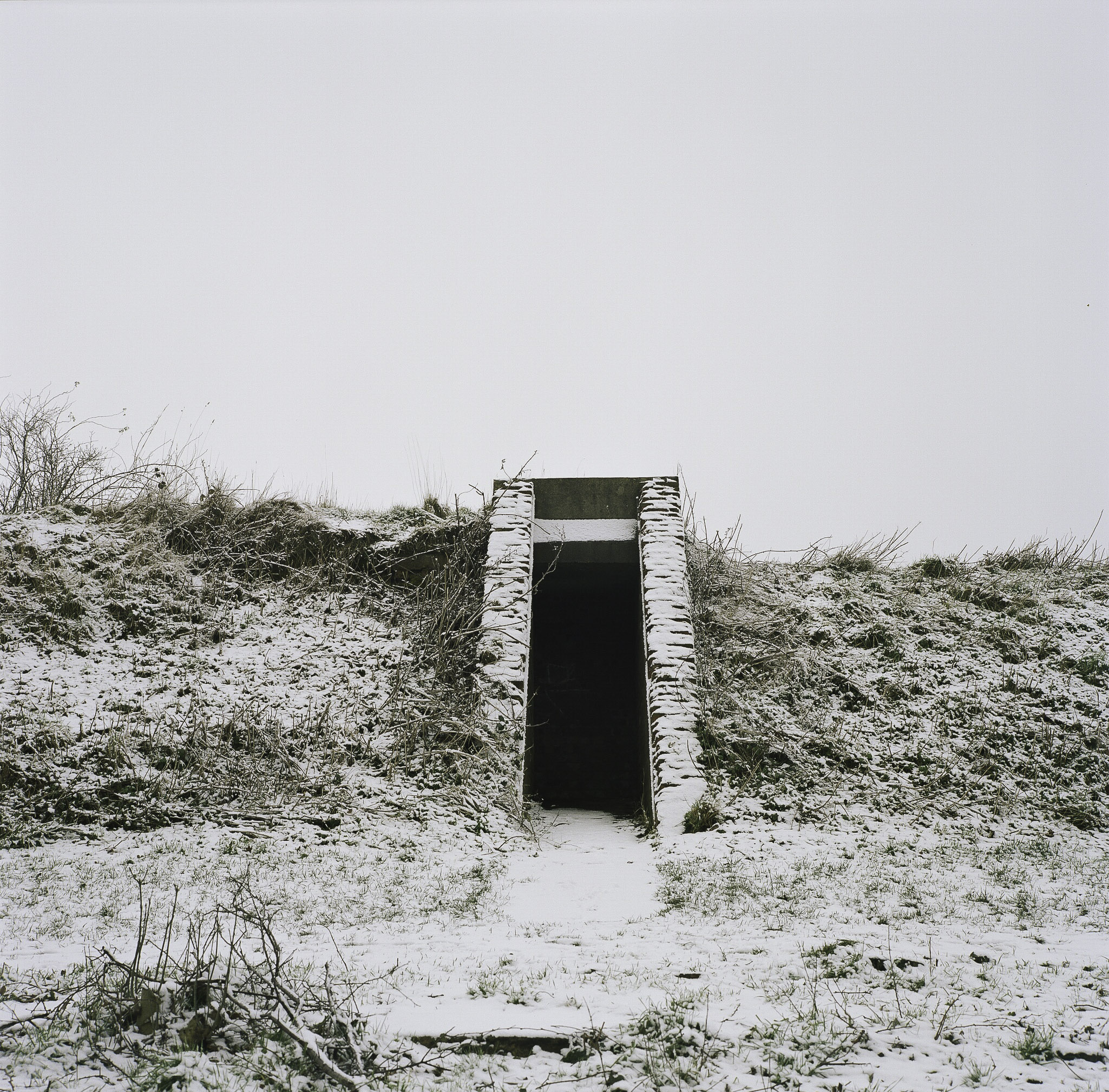I’m on a dead run for cover.
Shells are ripping through the air just over my head, sounding like a combination of honey bees buzzing and fabric tearing. They drive me down into a running crouch, but the gas is laying on the ground, waiting for me to stir it up and into my nose and eyes.
It’s invisible and lethal, and you don’t know it’s there until you’re in the middle of it. The burn in my lungs and eyes is agony, but the thought of getting pinned down out here in the open is much worse.
I tore off the left sleeve of my uniform and tied it around my face, the double filtered mask with eye protection I was issued is long gone because of the terror to escape the shrapnel and burst eardrums from close in ordinance explosions.
Move fast, or stay there forever.
I can feel the rough fabric of my uniform burning against my skin with every footfall, and I hear my ragged panting from the endless exertion to preserve my own life.
When we deployed to assault the beach our Sargent said that they “expected light resistance” and we should be able to secure the beach with minimal resistance from the enemy.
They were wrong.
It was a shit show from the moment we hit the beach.
They knew we were coming, they had superb hard defenses, artillery cover, and a layer of gas that was not allowed in the rules of this war.
But they didn’t care. The only thing that mattered was victory at all costs.
I’m a small man whose parents are from Wales. At this time in my life I should be making my mark as a steel worker, or carpenter, or chef, not a terrified PFC soldier running in sand across a beach that is very far from home. My eyes are now reduced to slits my vision blurred with endless tears running down my cheeks, every breath coming in gasps as the mustard gas penetrates my lungs and does its evil work.
I see what I think is a combat bunker directly in front of me. Just a large vertical entrance, made of stone, very dark, that feels uninhabited.
Without thinking I charge directly in to the entrance, the bright morning light immediately going to black. Falling into the cool sand I begin furiously rubbing my eyes while coughing uncontrollably.
The battle continues outside as I rub and wipe my exposed skin trying to rid myself of the burning tenacious chemistry.
In this safe space, uncertain as it may be, I’m able to drink water from my canteen, inventory my weapons, ammo supply, restore some sort of order to my kit, and plan my next move.
That’s when I think I hear a soft whimper. With my eardrums in trauma from all the falling ordinance during the landing, I really don’t trust my hearing, but move further into the darkness to investigate.
I have to move on hands and knees so the going is slow, the cold sand grinding on tender palms and working through the fabric covering my legs.
About 50 yards in the sound increases, and soon I discover a small puppy that has taken shelter here from the carnage outside.
I risk turning on my torch, covering the lens with my hand so it’s just a soft glow, barely enough to see inside this bunker, let alone from outside.
The puppy has burrowed into the sand against the right hand wall sheltering from the unimaginable sound of explosions and the smell of cordite and gas.
I gently scoop it up, shushing and cooing, to calm us both down, and gently place it inside my coat against my heart, both of us comforted for the first time today.
My breathing is more regular now, but I can feel the damage to my lungs and skin. I can smell the scents of war, of the beach, and the warm breath of the now calmed pup.
The darkness of the bunker and the darkness of fatigue slowly overtake me, the adrenalin from the assault wearing off, and my body succumbing to exhaustion. My last thought as I fall asleep is was I meant to save this pup or was the pup meant to save me?
If I wake up, and I hope I do, I will name the pup Lucky.


